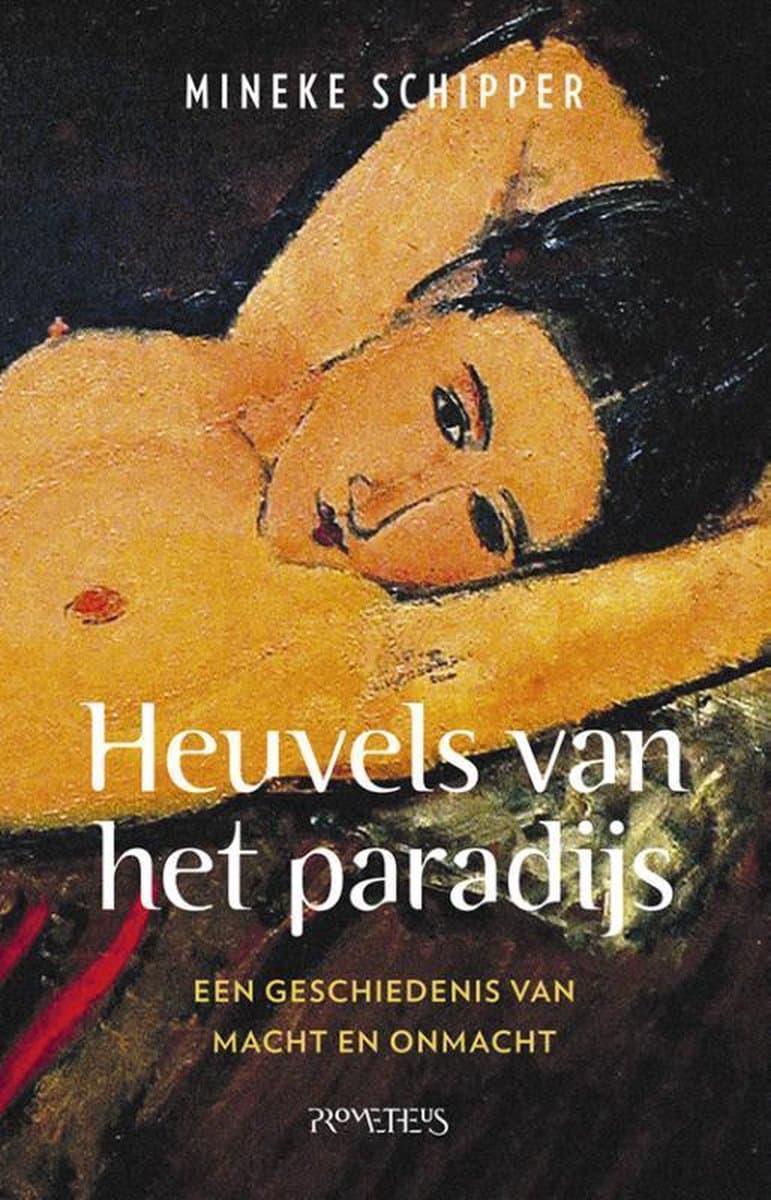Hills of Paradise
The female body has been admired, used and abused since time immemorial. Despite the symbiotic relationship between the sexes, men have always ended up with more power than women and the female anatomy seems to lie at the root of this inequality. We can find clues in art and literature; male narrators, artists and scholars have shown an eternal fascination for those body parts they lack: breasts, wombs and vulvas. Yet this fascination is often far from healthy.

All over the world, throughout history and in many different cultures, men have had mixed feelings about the female body. Delight has gone hand in hand with insecurity, comfort with fear, and power with feelings of impotence. Contradictions abound: the vagina is ‘sweet as beer’, the Inuit have a legend about breasts ‘pouring with fish’ and much of mythology is permeated with threats and fear, vaginas with teeth and snakes in women’s abdomens. Violence against women is perennial and arises, the author suggests, when male fear turns into aggression, anchored in the belief that the world will turn to chaos without male intervention.
Schipper’s gaze is far from Eurocentric. She travels all over the world and through antiquity, telling stories about blood, sexuality, breastfeeding, pregnancy, birth and breasts from very different cultures. She draws from ancient Mesopotamia, Japanese myths, Greek mythology, stories from the Chaco Indians, the Jewish Talmud, the Vikings, the Xhosa, and the Ming Dynasty. Schipper explores male anxieties such as the fear of magic nipples, hymens and menstrual blood; the fear of dark passages, into which that most vulnerable of male parts must heroically seek its way; the fear of dependency on mothers and other women. To calm these fears, different mythologies have conjured men up as creators not only of the world but also of human life, and women have been denied access to public spheres because of their ‘distracting’ anatomy.
This revealing and sometimes hilarious account offers not only clear insights into the world before #metoo, but also into the way we, consciously or unconsciously, still interact with each other today. This is a rich book, peppered with anecdotes; it is erudite, accessible and outspoken, written by a compassionate humanist.
.jpg&w=640&q=75)